
Nigeria Travel Guide
Season • Note
Are February and March good months to visit Nigeria?
February
High
season
March
Semi-high
season
Did you know?
The population of Nigeria is around 206.14 mil., which puts the country in 7. place in terms of population (out of 231 countries and dependent territories).
How far is it?
1. The site uses the Great Circle method of calculating distances between two points on the Earth
2. To change the cities for comparison, change Your Country in settings
The distance between Abuja (NG) and Washington D.C. (US) is 5532 miles
To calculate distance between your location and Abuja click here
Country Comparison
Compare Nigeria to any country in the world and see key differences between them side-by-side.
Get ready for your next trip
With just a few clicks you can find the best accommodation, airline tickets, or buy insurance that provides comprehensive protection for your next journey.
Cities and Top Tourist Attractions
From historical cities to picturesque landmarks and fascinating places - don't miss out on these attractions when planning a visit to Nigeria
| Miles | Lagos | Abuja | Onitsha | Kano | Kaduna | Osogbo | Jos | Kainji National Park |
| Lagos | - | 333 | 229 | 519 | 395 | 121 | 444 | 253 |
| Abuja | 333 | - | 205 | 214 | 101 | 219 | 111 | 227 |
| Onitsha | 229 | 205 | - | 419 | 303 | 185 | 295 | 311 |
| Kano | 519 | 214 | 419 | - | 126 | 398 | 146 | 320 |
| Kaduna | 395 | 101 | 303 | 126 | - | 274 | 107 | 218 |
| Osogbo | 121 | 219 | 185 | 398 | 274 | - | 330 | 154 |
| Jos | 444 | 111 | 295 | 146 | 107 | 330 | - | 313 |
| Kainji National Park | 253 | 227 | 311 | 320 | 218 | 154 | 313 | - |
A Brief History of Nigeria
Important historical events that significantly shaped the nation's trajectory throughout the centuries
500 B.C. - 200 A.D.
Nok culture flourishesThe Nok people create clay figurines of human heads and animals, which are prized today.
1472
First EuropeansPortuguese settlers become the first Europeans to live in Nigeria. Other Europeans follow.
1800s
Fulani empireThe Muslim Fulani empire rules the region.
1903
British controlBritain takes control of Nigeria, creating a system of indirect rule through local kings and chiefs.
1914
Colony of NigeriaBritain unites the northern and southern regions, forming the Colony of Nigeria.
1958
Things Fall ApartNigerian Chinua Achebe's "Things Fall Apart" is published.
1960
Independence from BritainNigeria gains independence from Britain and joins the United Nations. A new constitution and government are adopted.
1966
Nigerian coup d'étatThe military takes control of the government.
1967 - 1970
Republic of BiafraThe eastern region of Nigeria secedes and proclaims itself the Republic of Biafra. This leads to a civil war that kills about 1 million people.
1970s
Oil boomAn oil boom occurs. A great surge in world oil prices boosts Nigeria's economy.
1979
Second Nigerian RepublicNigeria briefly returns to civilian government rule. The military takes over again in 1983.
1986
Nobel Prize for Wole SoyinkaWole Soyinka is the first African to be honored with the Nobel Prize for literature.
1996
Gold medalNigeria wins the gold medal in soccer in the 1996 Olympics in Atlanta, Georgia.
1999
Free electionsMilitary rule ends. Nigerians vote in free presidential elections.
2003
President Olusegun ObasanjoOlusegun Obasanjo is elected president, marking the first civilian transfer of power in Nigeria's history. Still, election observers express concern over irregularities in voting.
2010
Car bombingsNigeria celebrates 50 years of independence. Two deadly car bombings in Abuja, the capital, disrupt the festivities.
2011
Jonathan's presidencyPresident Goodluck Jonathan wins reelection, capturing 59% of the vote. Some supporters of rival candidates riot, claiming fraud, but the election is largely praised for being free and fair.
Best Ways to Experience Nigeria
- Cuisine
- Art
- Animals
Practical Information for Travelers
- Budget
- Currency
- Vaccinations
- Visa
- Electricity
Determine the expenses for your travel or vacation budget, as well as the expenditures associated with residing in another country
MoreBackpacker's budget
Daily budget for one person, assuming that two people travel in a standard close to 1 star (hostels, public transport). When traveling alone, the cost may be slightly higher (hotel room) or the same (dormitory accommodation).from
Tourist's budget
Daily budget for one person, assuming that two people travel (they share the cost of a hotel room, taxis, etc.) to a standard close to 3 stars. Costs for a solo traveler will be higher.from
Currency
MoreNaira (NGN)
- EUR
- GBP
- NGN
- USD
- EUR
- GBP
- NGN
- USD
| = |
Vaccinations
MoreAll travelers
You should be up to date on routine vaccinations while traveling to any destination. Some vaccinations may also be required in Nigeria.
Most travelers
Get travel vaccines and medicines because there is a risk of these diseases in the country you are visiting.
Hepatitis A
Hepatitis A is a digestive disease caused by the hepatitis A virus and is closely related to a lack of good hygiene.It can be asymptomatic, moderate, or very severe.Prevention
- Get vaccinated
- Eat and drink safely
Malaria
Malaria is a life-threatening parasitic disease transmitted by mosquitoes.Prevention
- Take antimalarial meds
- Prevent bug bites
Estimated relative risk of malaria in Nigeria
Areas with malaria
Polio
Polio (Poliomyelitis), or Heine-Medina disease, is an acute infectious viral disease.The infection occurs mainly through the ingestion or inhalation.Prevention
- Get vaccinated
- Eat and drink safely
- Reduce your exposure to germs
Typhoid
Typhoid fever is an acute, systemic infectious disease caused by Salmonella typhi.The source of the infection may include dirty water, raw fruits, vegetables, dairy products, as well as dirt containing bacteria.Prevention
- Get vaccinated
- Eat and drink safely
Some travelers
Vaccinations and medications that may be recommended under certain conditions, depending on where you will be, the length of your stay and the nature of your stay.
Cholera
Cholera is a disease of the digestive tract caused by the bacterium Vibrio cholerae.The most common infection occurs through the ingestion, mainly through water contaminated with human faeces, and also through food (mainly fruit, seafood). Less often by contact with the sick person and their environment.Prevention
- Eat and drink safely
- Reduce your exposure to germs
Hepatitis B
Hepatitis B is a disease caused by the hepatitis B virus.Infection occurs through contact of injured skin or mucous membranes with virus-infected blood or other secretions (e.g. during sexual contact, through contaminated needles or as a result of medical procedures).Prevention
- Get vaccinated
- Avoid sharing body fluids
- Avoid non-sterile medical or cosmetic equipment
Meningitis (Meningococcal disease)
Meningococcal disease is any illness caused by a type of bacteria called Neisseria meningitidis.Infection occurs through droplets - through contact with the secretion of the patient or the host, e.g. when coughing, sneezing, kissing or sharing cutlery or dishes.Prevention
- Get vaccinated
- Reduce your exposure to germs
With or without a visa?
Visa requirements for citizens of
- United States
visiting Nigeria for tourism
A visa is required, it must be obtained at the embassy or at the appropriate consular office.
Electricity
230V (50 Hz)
In Nigeria the standard voltage is 230V and the frequency is 50 Hz. Type D, G sockets are used.
Click on the socket icon to see more informationFacts and Figures
Fundamental socio-economic statistical data pertaining to the country
Population | 7 / 231 Ranking | 206 139 589 Hausa and Fulani 29%, Yoruba 21%, Igbo (Ibo) 18%, Ijaw 10%, Kanuri 4%, Ibibio 3.5%, Tiv 2.5% |
Area | 33 / 230 Ranking | 356.7 thous. mi² It is approximately 10% of the territory of United States. |
Life expectancy | 186 / 196 Ranking | 60.9 Life expectancy expressed in years.men 59.1women 62.8 |
Median age | 16 / 157 Ranking | 18.6 Average age of population expressed in years.men 18.4women 18.9 |
Population growth | 18 / 172 Ranking | 2.53% The difference between live births and deaths. A negative value means natural loss. |
Literacy | 110 / 131 Ranking | 62% Ability to read, write and count.men 71.3%women 52.7% |
GDP | 143 / 194 Ranking | 5 184 INT$ GDP per capita is gross domestic product converted to international dollars (Int$) using purchasing power parity rates and divided by total population. |
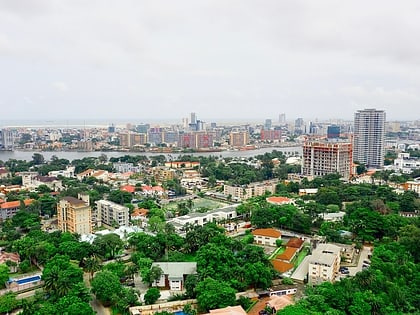
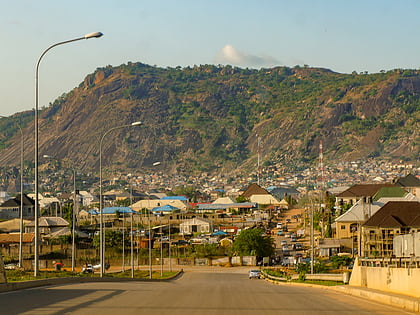
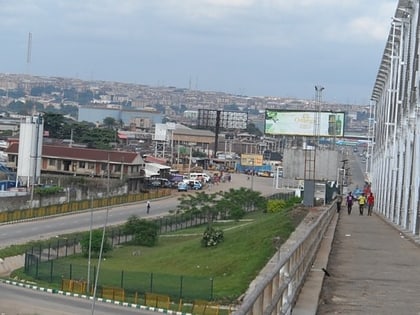
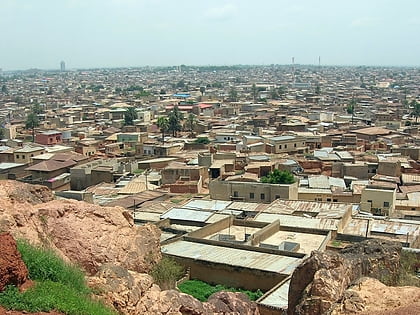
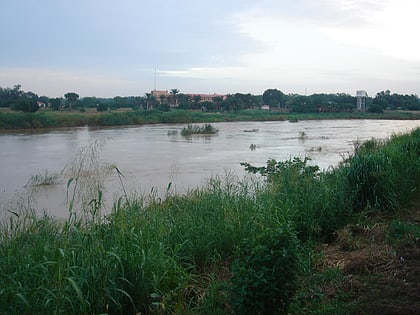
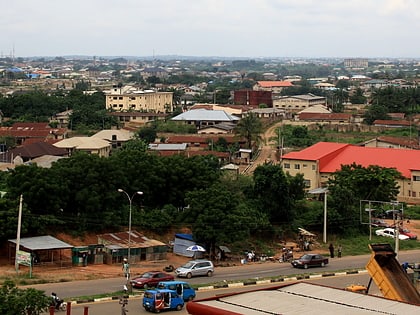
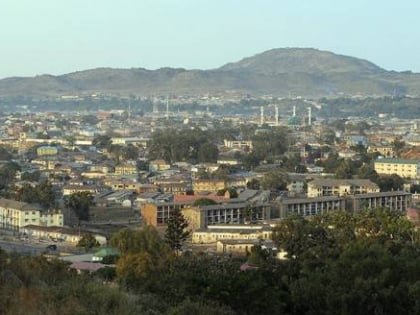

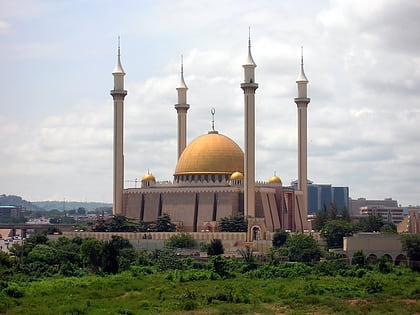
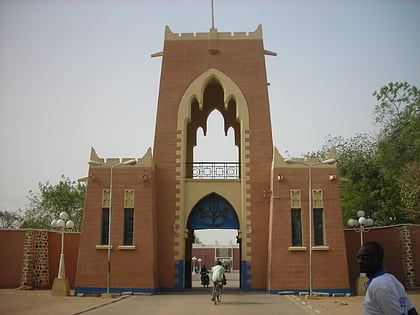
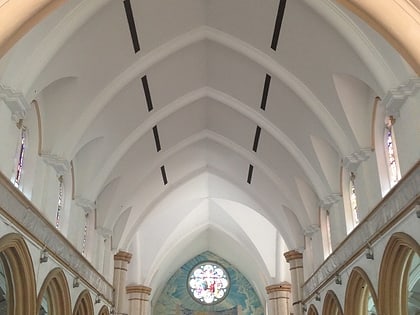
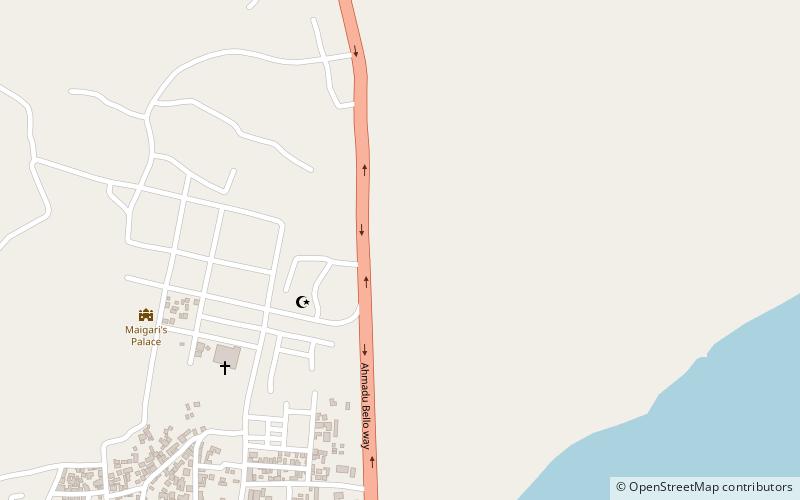
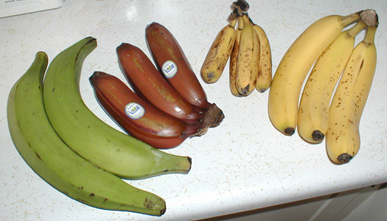
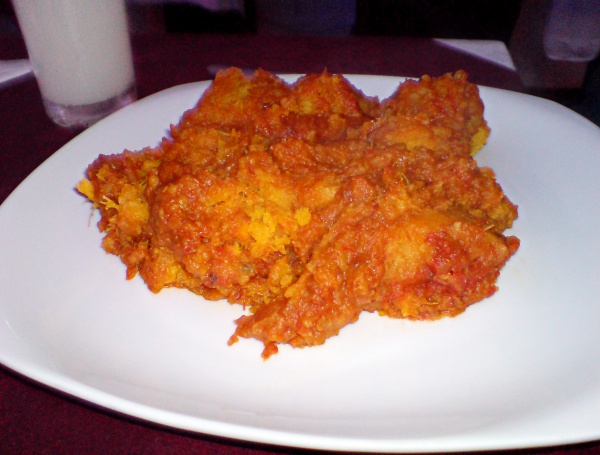

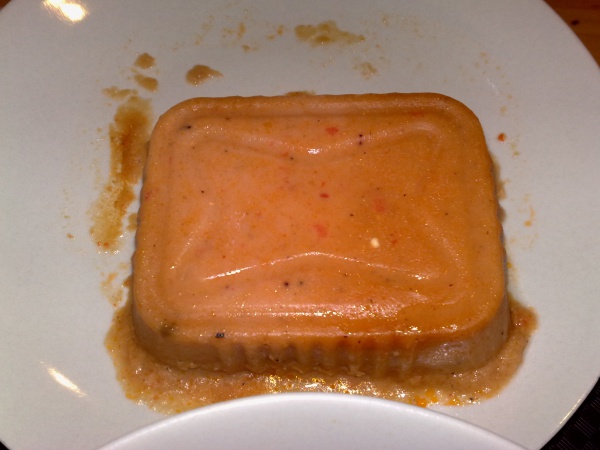
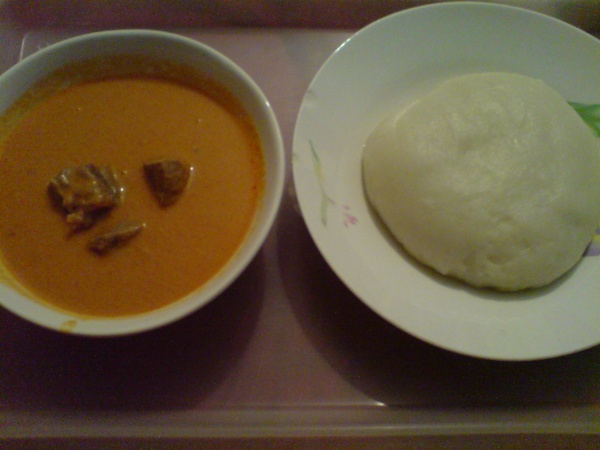
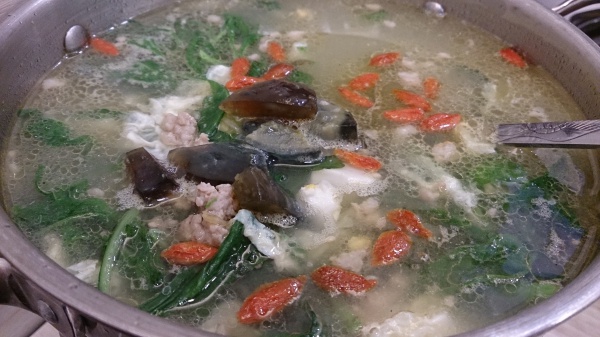
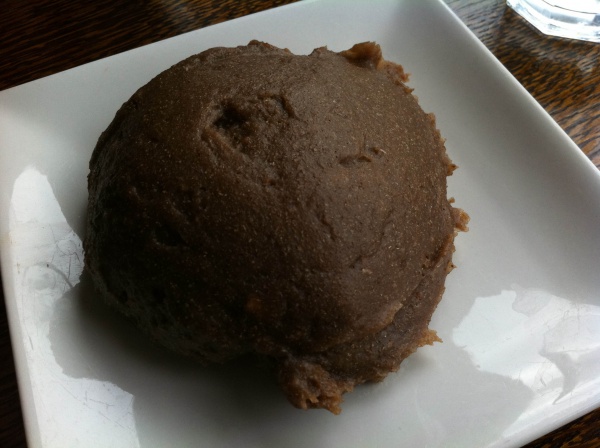
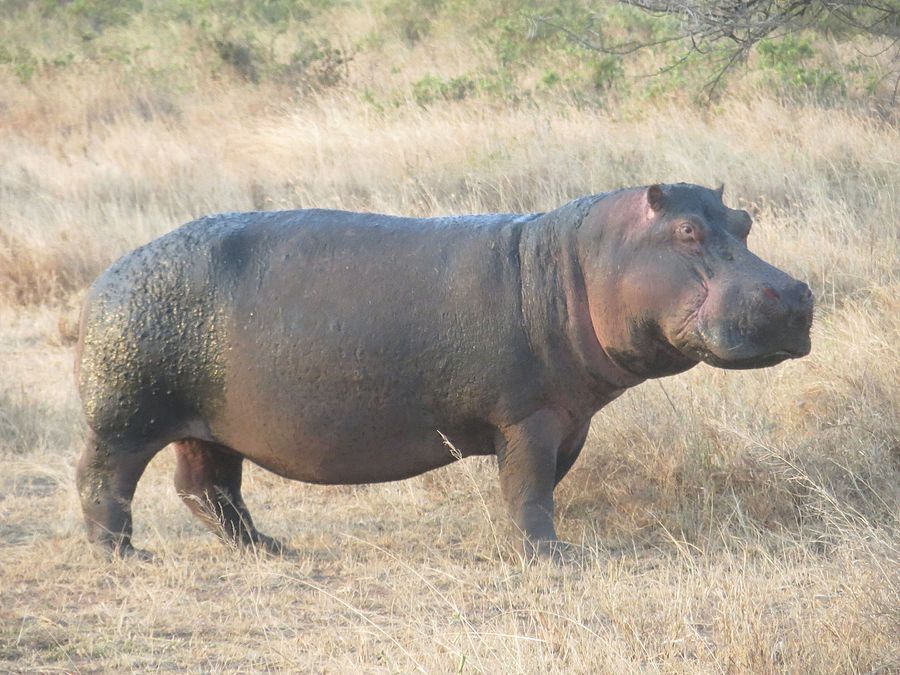

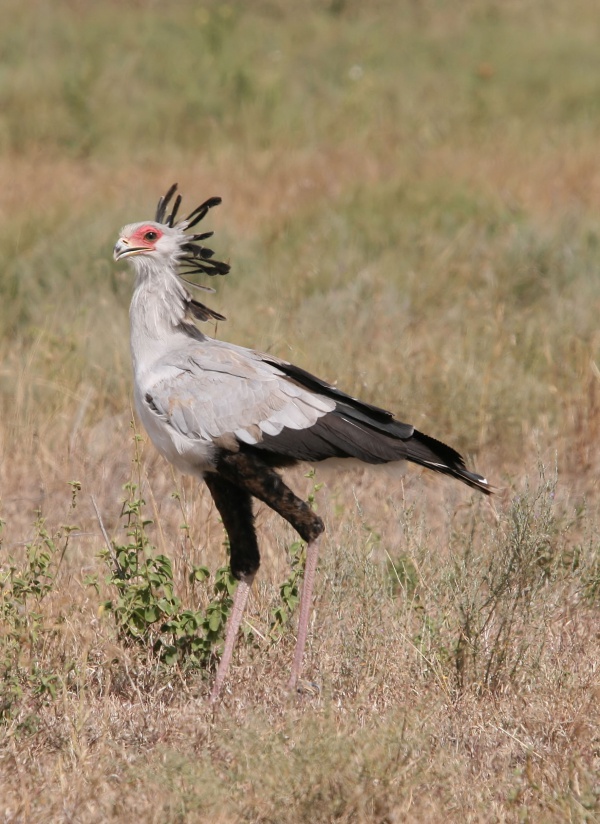
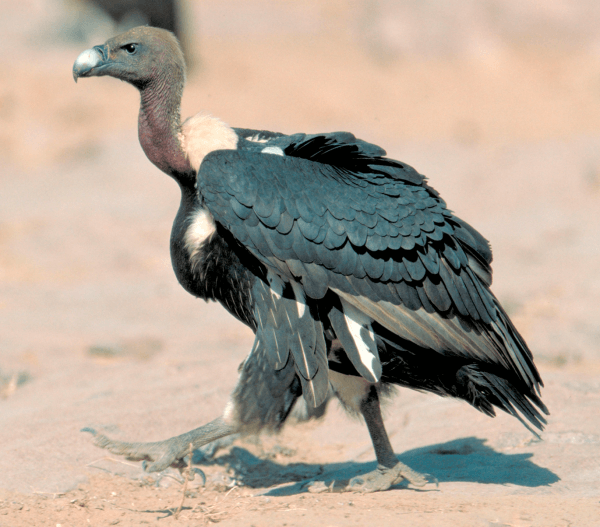
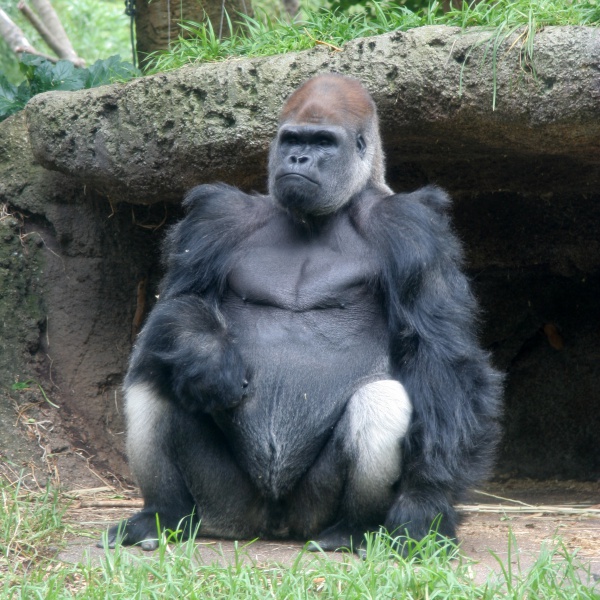


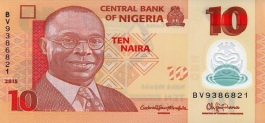
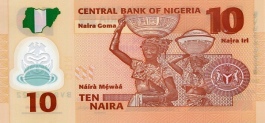
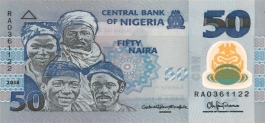
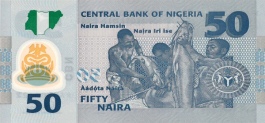
 Niger
Niger